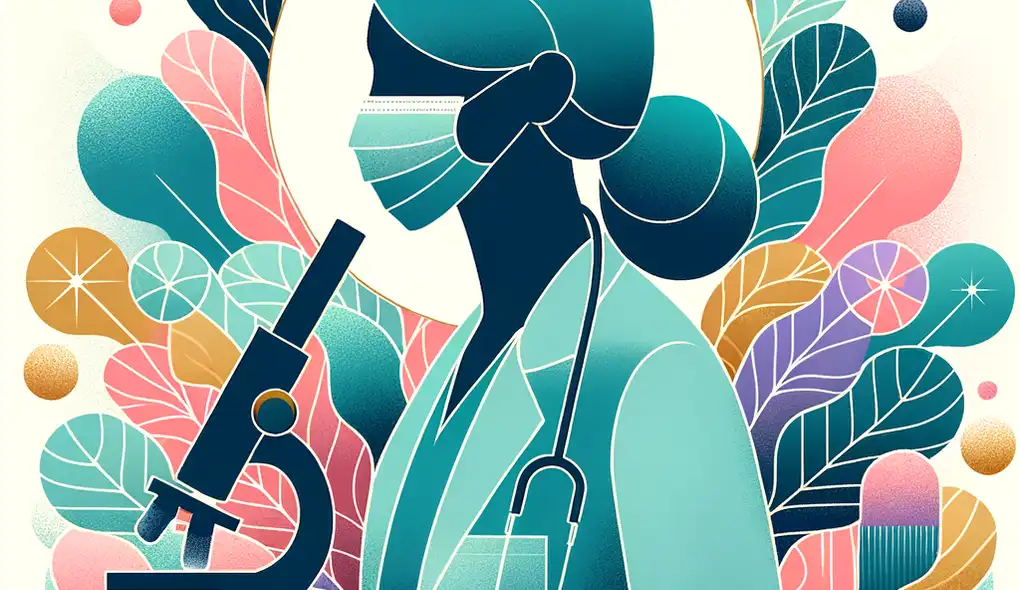Describe a time when you had to troubleshoot a laboratory instrument or equipment.
Clinical Laboratory Technologist Interview Questions
Sample answer to the question
I once had to troubleshoot a laboratory instrument while working in a clinical laboratory. It was a blood analyzer that was giving inconsistent results. To troubleshoot the issue, I carefully followed the manufacturer's troubleshooting guide, which involved checking the connections, calibrating the instrument, and running control samples. After several attempts, I discovered that the issue was due to a faulty sensor. I notified the appropriate technician, who replaced the sensor, and the instrument started functioning properly again. This experience taught me the importance of attention to detail and following proper troubleshooting procedures.
A more solid answer
In my role as a Clinical Laboratory Technologist, I encountered a situation where a laboratory instrument malfunctioned. Specifically, it was a high-performance liquid chromatography (HPLC) system used for analyzing complex biological samples. The instrument was producing inconsistent results, which posed a challenge in delivering accurate test outcomes. To troubleshoot the issue, I first reviewed the instrument's user manual and identified potential causes for the problem. I checked the system's connections, ensured proper column conditioning, and verified the performance of the detector. Additionally, I performed calibration tests using reference standards to ensure the instrument was functioning optimally. Through this systematic approach, I discovered that the issue was caused by a malfunctioning piston pump. I promptly notified the maintenance team, who replaced the faulty component, thus resolving the problem. This experience highlights my analytical and critical-thinking skills, attention to detail, and ability to work independently in troubleshooting laboratory equipment. It also demonstrates my knowledge of modern laboratory techniques and equipment, as I was able to identify the specific problem and take appropriate action to rectify it.
Why this is a more solid answer:
The solid answer provides a more detailed description of the candidate's experience troubleshooting a laboratory instrument. It includes specific details about the instrument (HPLC system), the troubleshooting steps taken, and the ultimate resolution of the problem. The answer also addresses the required evaluation areas mentioned in the job description, such as analytical and critical-thinking skills, attention to detail, ability to work independently, and knowledge of modern laboratory techniques and equipment. However, the answer could further elaborate on the candidate's communication skills and collaboration with the maintenance team.
An exceptional answer
During my tenure as a Clinical Laboratory Technologist, I encountered a complex situation involving the troubleshooting of a highly specialized laboratory instrument - a mass spectrometer used for analyzing trace elements in biological samples. The instrument exhibited erratic performance, resulting in inconsistent data that hindered accurate analyses. To resolve this issue, I engaged in a comprehensive troubleshooting process. I began by reviewing the instrument's user manual and collecting relevant information about common failure modes. Utilizing my deep understanding of mass spectrometry principles, I conducted an in-depth assessment of the instrument's components, including the ion source, quadrupole, and detector. Through meticulous examination, I identified an electrical connectivity problem in the ionization region, which was disrupting the ionization process. To rectify the issue, I contacted a specialized technician, collaborating with them to dismantle the problematic portion and restore optimal electrical connection. Following the repair, I conducted extensive performance tests, incorporating both quality control samples and certified reference materials to ensure accurate and reliable analyses. This experience showcased my exceptional analytical and critical-thinking skills, attention to detail, ability to work independently and in a team, and deep knowledge of modern laboratory techniques and equipment. Moreover, it demonstrated my effective communication skills, as I effectively conveyed the problem to the specialized technician and coordinated the repair process.
Why this is an exceptional answer:
The exceptional answer provides a highly detailed account of the candidate's experience troubleshooting a specialized laboratory instrument – a mass spectrometer. It demonstrates a deep understanding of the instrument's components and principles, as well as a thorough troubleshooting process. The answer also highlights the candidate's effective communication skills, as they collaborated with a specialized technician to resolve the issue. This answer fully encompasses all the required evaluation areas mentioned in the job description and goes above and beyond in providing specific details and demonstrating expertise.
How to prepare for this question
- Review the user manuals of various laboratory instruments to familiarize yourself with their troubleshooting procedures.
- Stay updated on the latest advancements in laboratory equipment and techniques through scientific journals and professional development courses.
- Develop critical-thinking skills by practicing problem-solving exercises and analyzing complex scenarios.
- Participate in hands-on training sessions or workshops offered by equipment manufacturers to gain practical experience in troubleshooting specific instruments.
- Enhance your communication skills by actively engaging with colleagues, collaborating on projects, and seeking feedback.
- Seek opportunities to work in multidisciplinary teams to enhance your ability to collaborate effectively with technicians and other professionals.
What interviewers are evaluating
- Analytical and critical-thinking skills
- Attention to detail
- Ability to work independently
- Knowledge of modern laboratory techniques and equipment
Related Interview Questions
More questions for Clinical Laboratory Technologist interviews